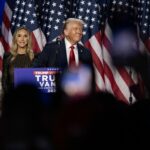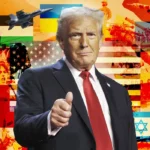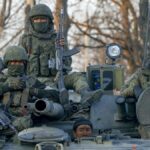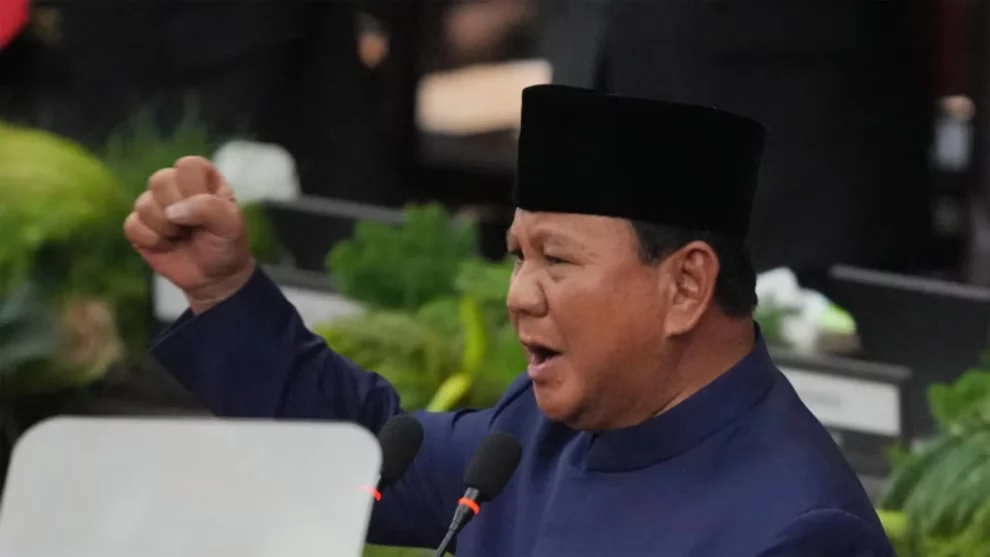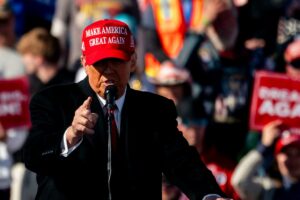Indonesia’s President Prabowo Subianto will set off on his first foreign tour next month, with stops in China and the United States, local media reported Tuesday, as the new leader seeks a more prominent position for Jakarta on the world stage.
The 73-year-old ex-general was sworn in on October 20, pledging to stick to Jakarta’s traditionally non-aligned foreign policy while making the world’s fourth-most populous nation more active abroad.
On his first planned foreign visits since taking power, he plans to visit China, the United States, Peru, Brazil and Britain, newspaper Kompas reported, citing presidential palace sources.
He will reportedly embark on a state visit to Beijing on November 8 to meet his Chinese counterpart Xi Jinping and Prime Minister Li Qiang before heading to Washington to meet US President Joe Biden.
The date of his Washington visit was not reported but the US election between Kamala Harris and Donald Trump falls on November 5, days before Prabowo is scheduled to leave Indonesia.
A former general under late autocrat Suharto, Prabowo was once put on a US visa blacklist over his rights record in Indonesia and East Timor, but the Trump administration lifted it years later.
Prabowo will then fly on to Peru to meet President Dina Boluarte and attend the Asia-Pacific Economic Cooperation (APEC) Summit in Peruvian capital Lima, before heading to the G20 summit in Brazil’s Rio de Janeiro, the report said.
His tour will end in Britain where he will meet King Charles III and Prime Minister Keir Starmer, it said.
“I can’t confirm his visits yet,” Hasan Nasbi, the presidential palace spokesman, told AFP.
The foreign ministry did not immediately respond to an AFP request for comment.
“The issue of cooperation and efforts to improve the welfare of each country will be a central issue during the visits,” Kompas wrote.
After his election win in February, Prabowo used his eight-month transition period to visit more than a dozen countries to showcase a more active foreign policy than his predecessor Joko Widodo, who focused more on domestic issues like the economy.




